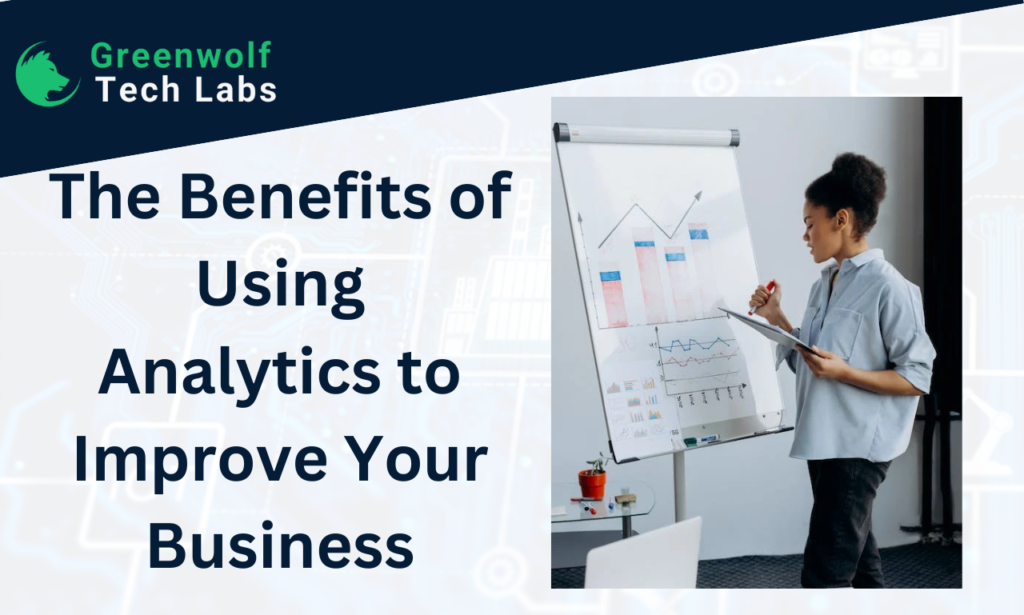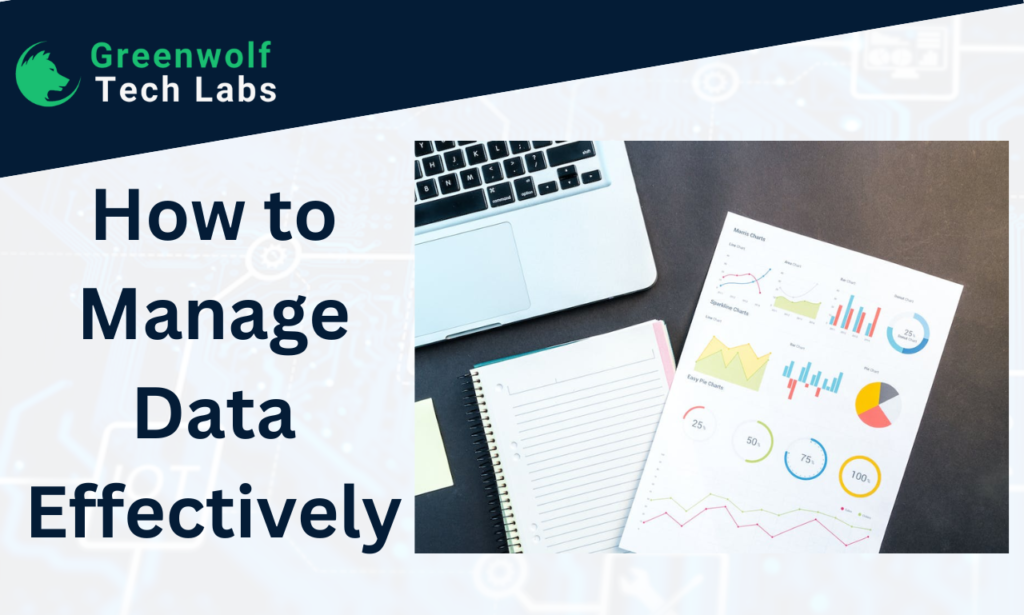Data analytics has evolved into a crucial tool for companies looking to prosper and stay ahead of the competition in today’s fast-paced digital environment. The use of analytics can reveal important information about consumer behaviour, market trends, and overall company success. In this blog post, we’ll look at the many benefits of using analytics to grow your company and how it may enable you to take decisions based on data.
Benefits of Using Analytics in Business
Understanding Your Customers
One of the primary advantages of leveraging analytics is gaining a deeper understanding of your customers. By analyzing data collected from various touchpoints, such as website visits, social media interactions, and purchase history, you can uncover valuable insights about your target audience. These insights allow you to tailor your products or services to meet their specific needs and preferences, resulting in higher customer satisfaction and increased loyalty.
Identifying Market Trends
Analytics enables you to identify emerging market trends and adapt your business strategies accordingly. By analyzing data from various sources, such as industry reports, social media conversations, and customer feedback, you can uncover patterns and trends that can shape your decision-making process. Staying ahead of market trends gives you a competitive edge, allowing you to offer innovative solutions and capitalize on new opportunities before your competitors.
Optimizing Business Processes
Data analytics can help you identify inefficiencies and bottlenecks in your business processes. By examining data related to production, supply chain, and customer support, you can pinpoint areas that require improvement. For example, analytics can reveal which processes are taking longer than expected, where resources are being underutilized, or where customer complaints are most common. Armed with this information, you can streamline operations, enhance productivity, and deliver a better customer experience.
Enhancing Marketing Strategies
Analytics provides valuable insights into the effectiveness of your marketing campaigns. By tracking key metrics such as website traffic, conversion rates, and customer engagement, you can measure the success of your marketing efforts. Analytics also helps you identify the most profitable marketing channels and target the right audience with personalized messaging. With this information, you can optimize your marketing strategies, allocate resources effectively, and maximize your return on investment (ROI).
Improving Decision Making
Data-driven decision making is crucial for the long-term success of any business. Analytics empowers you to make informed decisions by providing accurate and relevant information. Instead of relying on gut feelings or assumptions, you can base your choices on real-time data. Whether it’s selecting new product features, entering new markets, or pricing your offerings, analytics offers insights that mitigate risks and increase the likelihood of favorable outcomes.
Measuring and Tracking Key Performance Indicators (KPIs)
Analytics enables you to measure and track key performance indicators (KPIs) across your organization. Whether it’s sales figures, customer retention rates, or website engagement metrics, analytics provides you with a comprehensive view of your business performance. This allows you to set measurable goals, monitor progress, and make adjustments as needed. By regularly reviewing KPIs, you can identify areas that require improvement and take proactive measures to achieve your business objectives.
Conclusion
In conclusion, leveraging analytics to improve your business offers numerous benefits. By understanding your customers, identifying market trends, optimizing processes, enhancing marketing strategies, improving decision-making, and measuring KPIs, you can drive growth, increase profitability, and gain a competitive advantage. Embracing analytics allows you to harness the power of data and transform it into actionable insights that propel your business forward. So, don’t miss out on the opportunities that analytics can provide—start harnessing its power today!
FAQs:
1. Do I need a large amount of data to benefit from analytics?
While having a large volume of data can be beneficial, even small amounts of data can provide valuable insights. The key is to focus on quality rather than quantity. Start by analyzing the data you already have and gradually expand your data collection efforts as needed.
2. What tools or software do I need to perform business analytics?
There are various analytics tools and software available in the market, ranging from simple spreadsheet programs to sophisticated data visualization and machine learning platforms. The choice of tools depends on your specific needs, budget, and technical capabilities.
3. How can I ensure the security and privacy of my data during the analytics process?
Data security and privacy are critical when dealing with sensitive information. Ensure that you have robust security measures in place, such as data encryption, access controls, and compliance with relevant regulations such as GDPR. It’s also essential to use reputable analytics platforms and work with trusted partners to safeguard your data.
4. How long does it take to see the benefits of analytics implementation?
The timeline for seeing benefits from analytics implementation varies depending on several factors, including the complexity of your data, the maturity of your analytics capabilities, and the specific goals you aim to achieve. However, with a well-planned implementation strategy and effective use of analytics insights, you can start seeing positive impacts within a few months.
5. Is analytics only relevant for large businesses?
No, analytics is valuable for businesses of all sizes. Small and medium-sized businesses can benefit from analytics by gaining insights into customer behavior, identifying cost-saving opportunities, and optimizing operations. Analytics levels the playing field, allowing businesses of any size to make data-driven decisions and compete effectively.




